Water is often hailed as a cornerstone of a healthy lifestyle, but can it truly aid in weight loss? The answer is a resounding yes. While water alone is not a magic bullet for shedding pounds, it plays a crucial role in supporting weight loss efforts. Here’s how:
Boosting Metabolism
One of the most intriguing ways water supports weight loss is by boosting metabolism. When you drink water, especially cold water, your body expends energy to warm it to your core temperature. This process, known as water-induced thermogenesis, can slightly increase your resting energy expenditure. While the effect may seem modest, over time, it can contribute to a higher daily calorie burn. Additionally, staying hydrated ensures that cells receive oxygen, glucose, and other vital nutrients more efficiently, enhancing overall metabolic function.
Enhancing Fat Breakdown
Water is essential for the body’s natural process of breaking down fat. Stored fat is broken down into glycerol and free fatty acids for the body to use as fuel. Without adequate hydration, this process can become less efficient, making it harder to achieve fat-loss goals. Proper hydration also supports the liver in converting stored fat into energy, a process that can be disrupted if the kidneys are overworked due to dehydration.
Regulating Appetite
Water can help regulate appetite by promoting feelings of fullness. Drinking water before meals can act as a gentle “preload” for the stomach, encouraging satiety and helping you recognize fullness sooner. This can lead to reduced calorie intake and better portion control. Additionally, thirst can sometimes be mistaken for hunger, leading to unnecessary snacking. By staying hydrated, you can better distinguish between true hunger and thirst, reducing the likelihood of overeating.
Replacing High-Calorie Drinks
For those who regularly consume sugary beverages, replacing them with water can significantly reduce calorie intake. Sugary drinks often contribute hundreds of extra calories per day without providing essential nutrients. By opting for water instead, you can cut out these “empty” calories and make room for healthier foods that promote satiety and nourishment. Even replacing diet sodas with water can offer benefits, as research suggests that this swap is linked to weight loss and improved insulin resistance.
Supporting Digestion
Healthy digestion is fundamental for extracting nutrients and maintaining consistent energy levels. Water helps keep the digestive tract well-lubricated, preventing constipation and bloating. Adequate hydration also creates an optimal environment for digestive enzymes to operate, allowing for efficient nutrient absorption. This, in turn, supports metabolism and overall health, important aspects of any sustainable weight-loss journey.
Improving Exercise Performance
Staying hydrated is crucial for maintaining energy levels and supporting physical activity. Proper hydration can enhance exercise performance, allowing you to burn more calories during workouts. Additionally, drinking water can help prevent muscle cramps and fatigue, making it easier to stay active and engaged in physical activities.
How Much Water Should You Drink?
The Institute of Medicine recommends about 15.5 cups (3.7 liters) of fluids a day for men and about 11.5 cups (2.7 liters) for women. These recommendations include fluids from water, other beverages, and food. While individual hydration needs can vary based on factors such as age, activity level, and climate, aiming for these guidelines can help ensure you stay adequately hydrated to support weight loss.
Practical Tips for Increasing Water Intake
- Drink Cold Water: Opt for chilled water to maximize the thermogenic effect.
- Use a Water Bottle: Keep a reusable water bottle with you to stay hydrated throughout the day.
- Infuse Your Water: Add slices of lemon, cucumber, or mint to enhance the flavor without adding calories.
- Set Reminders: Use an app or set alarms to remind yourself to drink water regularly.
- Replace Sugary Drinks: Gradually phase out sugary beverages and replace them with water.
Drinking water for weight loss is a simple yet effective strategy that aligns with how the human body works. By enhancing metabolism, curbing cravings, aiding digestion, replacing sugary drinks, improving workouts, and maximizing fat burn, water plays a central role in achieving health objectives. So, grab a glass and get your hydration on. Your body will thank you for it.
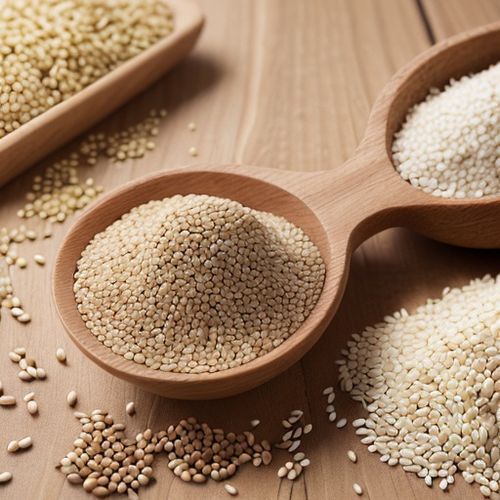
By George Bailey/May 12, 2025

By Amanda Phillips/May 12, 2025

By Thomas Roberts/May 12, 2025
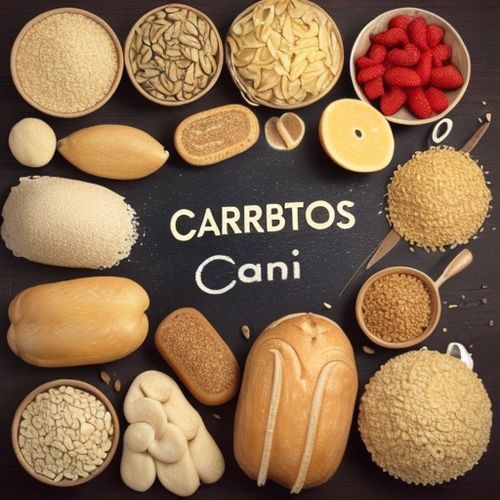
By Benjamin Evans/May 12, 2025
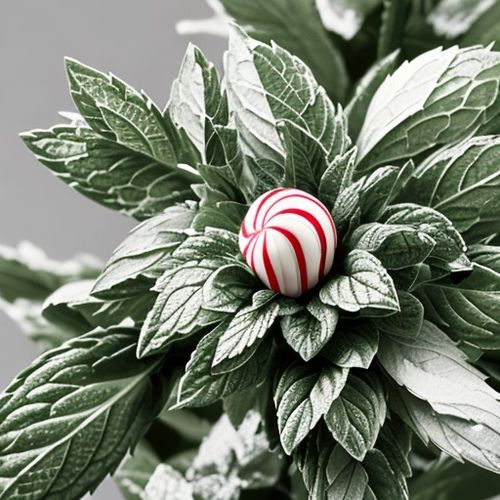
By Natalie Campbell/May 12, 2025

By Lily Simpson/May 12, 2025
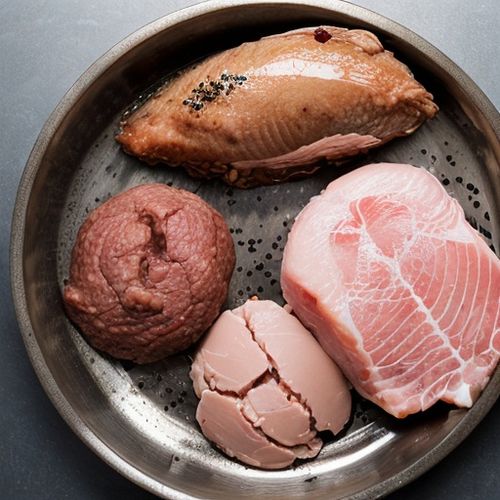
By Megan Clark/May 12, 2025

By Christopher Harris/May 10, 2025
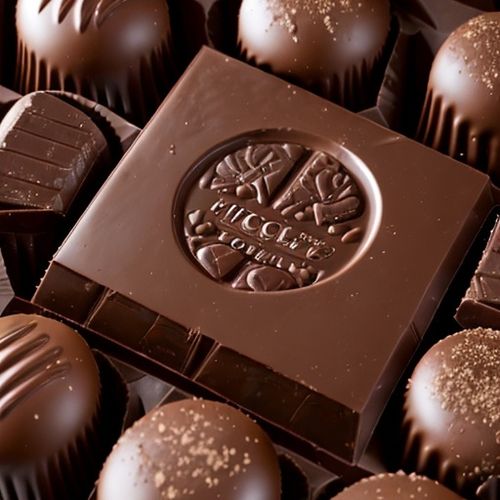
By Emma Thompson/May 10, 2025

By Ryan Martin/May 10, 2025

By Michael Brown/May 10, 2025
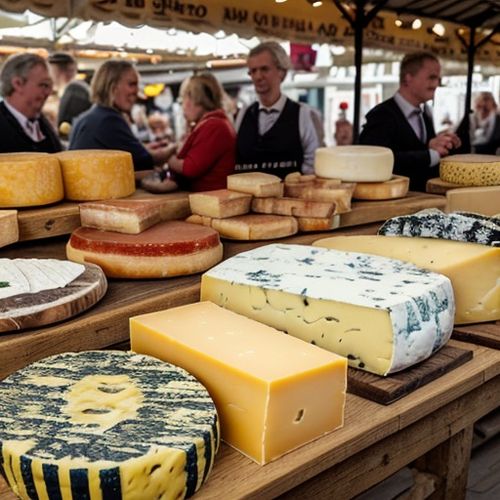
By Sophia Lewis/May 10, 2025
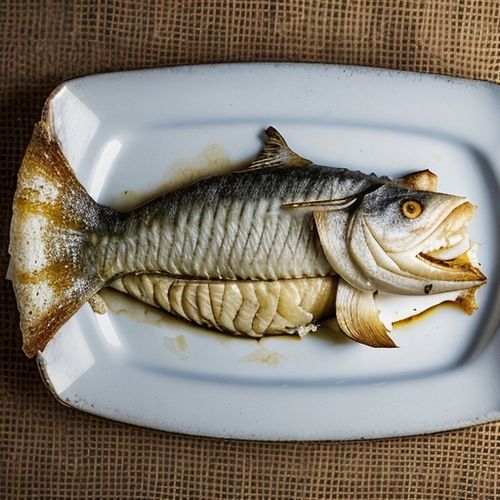
By Eric Ward/May 10, 2025

By George Bailey/May 10, 2025

By Elizabeth Taylor/May 10, 2025